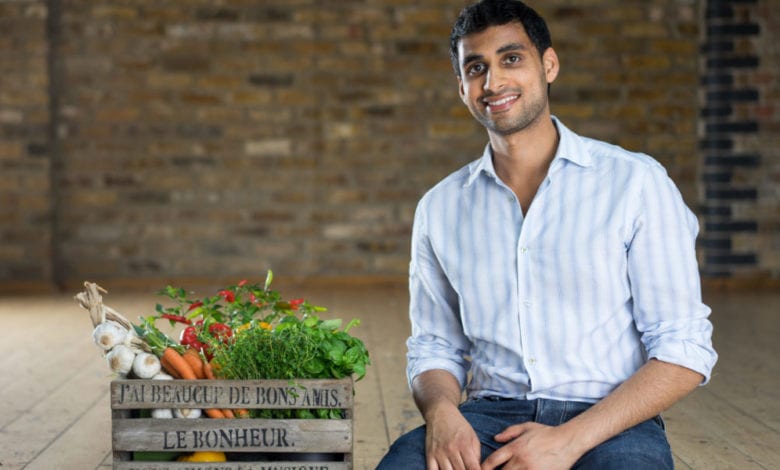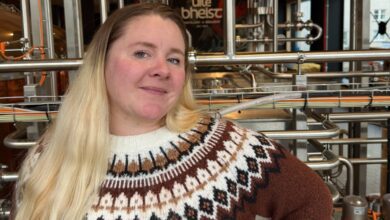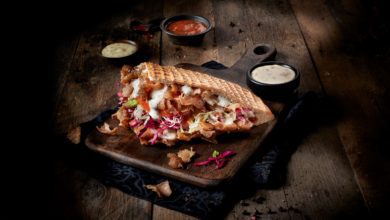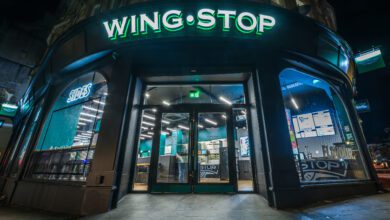How the food industry can limit its plastic packaging environmental impact

Register to get 1 free article
Reveal the article below by registering for our email newsletter.
Want unlimited access? View Plans
Already have an account? Sign in
There has been a real wake-up call in the food industry recently regarding plastic packaging. In the UK we throw away 800,000 tonnes of plastic packaging waste every year.
To help combat the damage we’re doing to our environment we are seeing a constant stream of initiatives being introduced every week, with the most recent campaign being led by charity WRAP who have managed to get the largest UK supermarkets to commit to only using 100% recyclable plastic in store by 2025. Not only that, but Morrisons are going to be the first retailer to encourage customers to bring in their own Tupperware containers for when they pick up meat or fish from fresh food counters.
However, it’s not just supermarkets that should feel responsible for making a difference to packaging consumption. The food industry as a whole need to work on reducing its plastic waste.
The wheels are in motion in small chains of cafes and shops offering discounts when you bring in your reusable mug for when you collect your daily coffee. But this really is just the start.
Food delivery is actually contributing a huge amount of plastic waste. That’s not just your Saturday night takeaway but office catering and team lunches, which are being delivered across the country every day. The shift towards convenience means the cheapest and easiest way to cater to the demand is by packaging up the food into plastic non-recyclable packaging; a tactic used by high-street chains and many food delivery services.
When I started EatFirst back in 2014 I saw a huge opportunity not to just improve food quality by creating food that is designed to be delivered but also to combat the sustainability issue we’re currently seeing across the industry.
Our mission was to create a unique office lunch experience and at the same time cut back on the use of plastics. We designed special wooden boxes that are custom made to perfectly contain and seal our food while allowing us to use them time and time again. It’s not only much better in terms of our wastage but it’s also by far the best way to showcase our beautiful and delicious food.
Don’t get us wrong – there are still times where we do need to use plastic, but when we do, we make sure that it’s totally recyclable. Everything that goes out of our door is 100% reusable.
It’s also not just plastic we are cutting back on either, our head chef Benn Hodges is trying to move EatFirst towards being 100% zero waste in the kitchen. He tries to ensure that every ingredient that comes into the kitchen ends up in our food one way or another; whether that’s using the beef trim for mince or leftover vegetables for a stock.
We fully expect everyone to move in the same direction as us eventually as there’s no avoiding the clear damage that humans are doing to our world. It’s estimated that 10 million tonnes of plastic ends up in our oceans each year. It’s clear that if we don’t take urgent action to combat plastic waste now, we are going to destroy the habitats of all the beautiful fish that we enjoy for our lunch and dinner every day.
by Rahul Parekh, founder and CEO of gourmet ready-meal company, EatFirst







